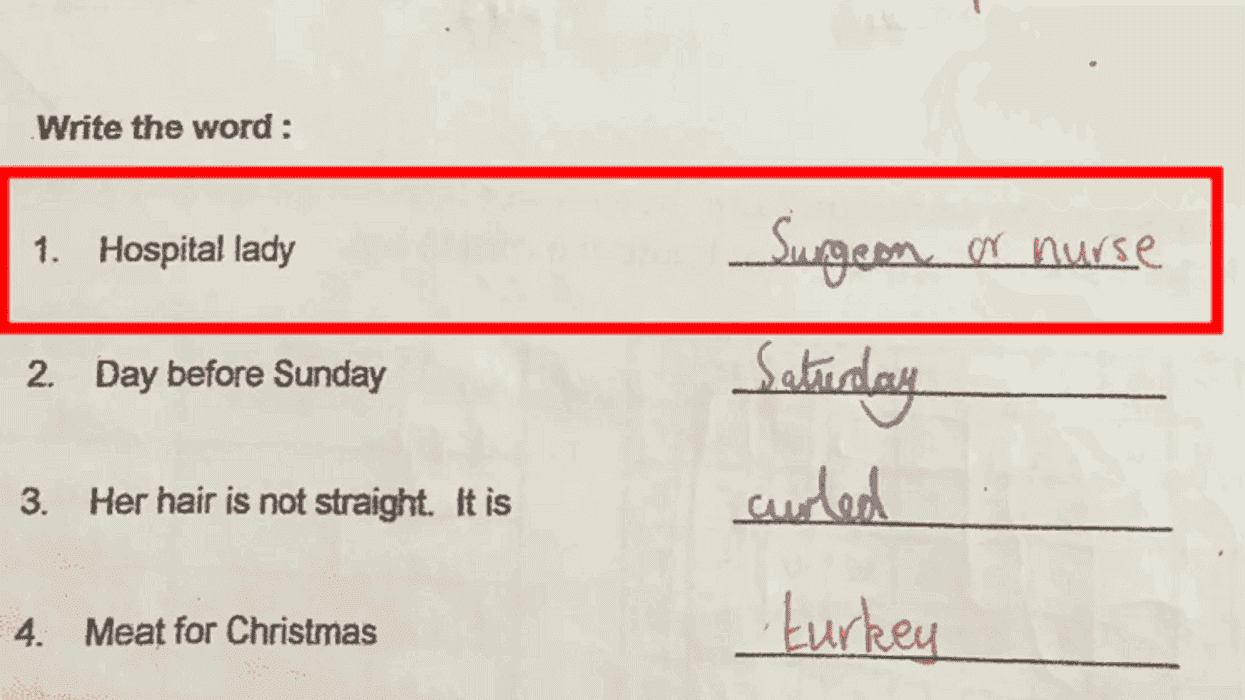Four years ago, Tennessee photographer Haley Morris-Cafiero set up cameras in public for a self-portrait series she was going to call “Wait Watchers." Her original intent was to use the photos for self-reflection, but what she discovered was disturbing. On the film, she found people were making rude glances and facial gestures behind her back. So she turned the subject of her work from herself to the reactions of those around her. The results would eventually become her new book, “The Watchers."
After her first set of photos went viral, Morris-Cafiero was routinely criticized online by people who said she should exercise or get a makeover. So, to complete her book, she went to the most vain place on Earth, Los Angeles, and started exercising in public. Even though she thought the public may react to her self-improvement efforts sympathetically, she still found people snickering behind her back.
Ultimately, Morris-Cafiero's work has brought her inner strength and purpose. “By attempting to 'improve' myself, I am engaging in the conversation of body acceptance and idealized beauty standards that unrealistic and unwanted by many people," she told ATTN:. In addition to her own personal growth, her work has provided the opportunity to speak for overweight people facing the same stigmas.
Learn more about “The Watchers" on Morris-Cafiero's website.

















 A woman scrolls through a dating appCanva
A woman scrolls through a dating appCanva
 A home pregnancy test Canva
A home pregnancy test Canva
 Openly choosing the one you like best can help break down stigmas.
Openly choosing the one you like best can help break down stigmas.
 The Jumonville affair became the opening battle of the French and Indian War.
The Jumonville affair became the opening battle of the French and Indian War. Washington was outnumbered and outmaneuvered at Fort Necessity.
Washington was outnumbered and outmaneuvered at Fort Necessity. A log cabin used to protect the perishable supplies still stands at Fort Necessity today.
A log cabin used to protect the perishable supplies still stands at Fort Necessity today.

 A young woman scrolling on her phoneCanva
A young woman scrolling on her phoneCanva Gig of two cartoon penguins watching TV via
Gig of two cartoon penguins watching TV via  Gif of a storm trooper flipping through sings that say 'no' via
Gif of a storm trooper flipping through sings that say 'no' via 
